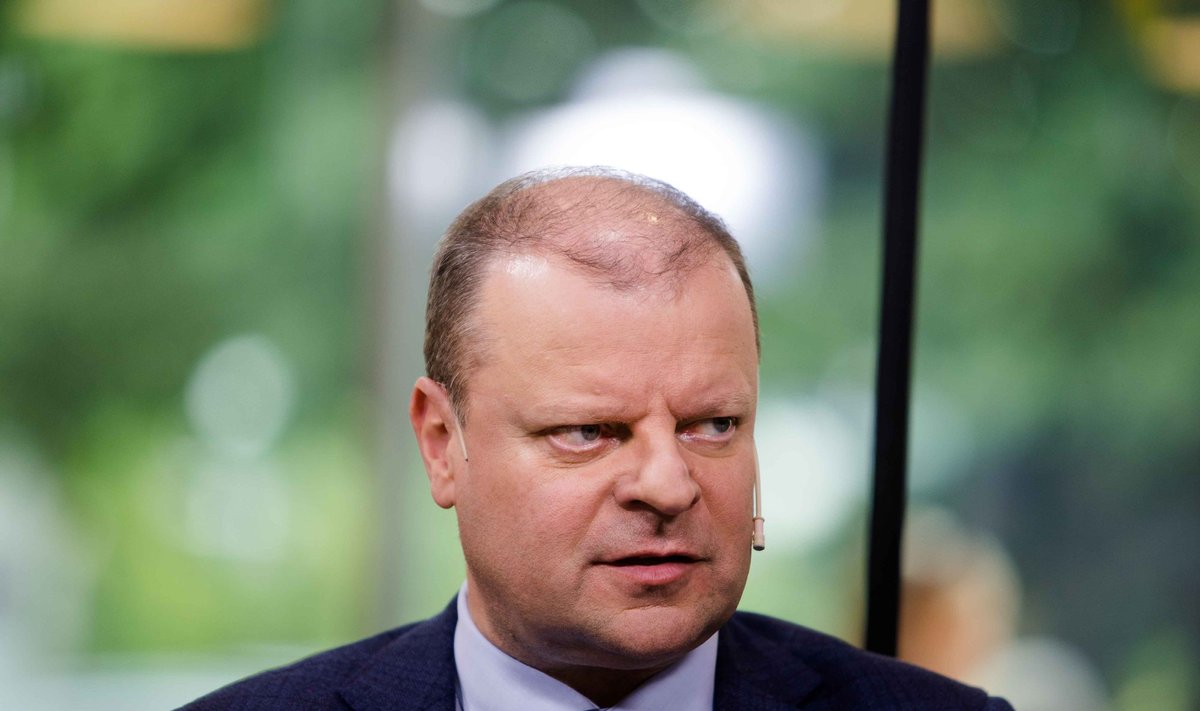"I am convinced that this is simply a misinterpretation by our individual state institutions, which has caused unnecessary tensions. So, let's wait for the clarification (by the European Commission - BNS) and if (...) such an exception is confirmed, then we were right to raise doubts about whether the sanctions are being applied correctly," Skvernelis told reporters at the Lithuanian Seimas on Wednesday.
His comment came in response to Russian media reports earlier in the day that the European Commission would lift the existing restrictions on the transit of some sanctioned goods to Kaliningrad.
Russian media reported on Wednesday that the EU and Russia had agreed that the transportation of goods between different parts of Russia cannot be banned.
Citing senior Russian sources, the Izvestia newspaper reports that Moscow is fully satisfied with this agreement but the Lithuanian government is allegedly refusing to allow the transit of sanctioned goods to Kaliningrad.
The European Commission is currently working on updated guidelines on the transit to Kaliningrad via EU countries of Russian goods that are banned from entering the EU territory due to the existing sanctions.
"This document states that the movement of goods between entities of the Russian Federation cannot be restricted, meaning that goods transported to the (Kaliningrad - BNS) region will be removed from the sanction lists, if an exception is applied. We are talking about both rail and road transit," the source told Izvestia.
The guideline update follows Russia's threats to retaliate after transit restrictions on some Russian goods such as steel and ferrous metals came into force in June.
